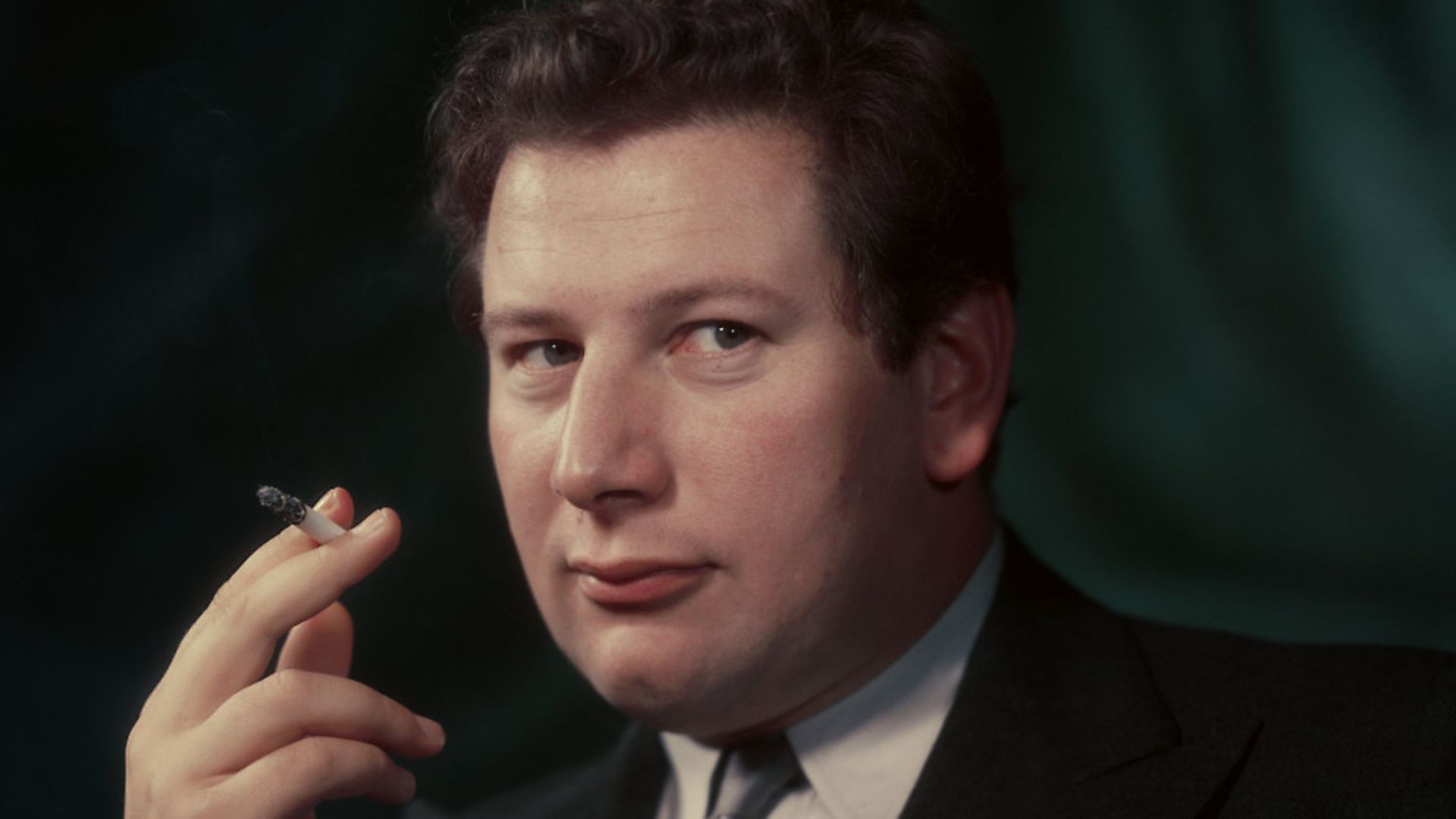
TIM WALKER recalls working with the creative polymath Sir Peter Ustinov.
If ever there was a model European, it was Sir Peter Ustinov. It was working for the first European newspaper – the one launched by Robert Maxwell in the 1990s – that I got to know him. Maxwell may have thought of Ustinov as his friend, but Ustinov saw the old rogue more as a source of amusement. Indeed, he confided in me once that he thought of Maxwell as ‘a larger-than-life actor who’d simply got in over his head’. Still, he took Maxwell seriously when he suggested he write a column for his brand new newspaper for the whole of Europe.
Of course Ustinov’s reputation preceded him – as a writer, an intellectual and a diplomat, as well as an Oscar-winning actor – but he approached his first job in journalism with endearing humility. He’d always file Ustinov at Large early so that – in his words – ‘the editor could check it was alright’. He wrote it in a peculiarly self-deprecating style. ‘That I’m inexperienced in the field of journalism is self-evident, but I am eager and learning fast,’ he began an early column.
Ustinov was then nudging 70, but in his trepidation he reminded me of me starting out on my first local newspaper as a teenager. I had been dazzled by the wit he’d displayed in his books, plays and chat show appearances, but his column turned out to be unexpectedly heavy-going. He’d write for us as he travelled the world, meeting the great and the good, but seldom, if ever, was his column anywhere near as funny as he was in person.
None of us dared to talk through with him what it was that made a column readable, and he, in turn, was trying too hard, agonising over every syllable. He seemed, too, to be in awe of newspapers and to be labouring under a misapprehension about the size of our readership: photographs of unsold copies of the original European had become a running joke in Private Eye.
Oblivious, Ustinov kept tapping away, week in, week out. ‘One of the wonderful privileges in having a column of newsprint at your disposal is that it enables you to write suggestions,’ Ustinov wrote quaintly in another column. ‘Well, come on, then, Ustinov, make use of your privilege while you still have it…’ The paper’s days were, of course, numbered, along with those of its proprietor, but Ustinov remained as eager as ever. He turned out for the newspaper’s big London launch party and listened with studied attention to Maxwell’s idealistic speech, alongside the former prime minister James Callaghan and Neil Kinnock (who’d managed to pull strings to get his children Stephen and Rachel work experience jobs on the paper).
European unity mattered to Ustinov and indeed he embodied it. He had Italian, Polish, French and German blood running through his veins – in addition to the blood of a number of non-European countries – and he had probably the most cosmopolitan collection of friends of any man in the world. As a private in the army, he had seen at first hand the devastation of the Second World War and so he understood better than most what ensued when European countries decided to go it alone.
Looking back, we should have just got him to write about his film career which he loved to talk about. He had an extraordinary talent for oral and physical mimicry and an unerring eye for detail. My favourite anecdote was how he’d gone to a reading for the film Spartacus when Laurence Olivier had sneakily persuaded its star and producer Kirk Douglas to extend his part at the expense of Charles Laughton’s. Ustinov captured with absolute perfection the look of fury on Laughton’s face when he realised exactly what Olivier had been up to.
Ustinov kept writing for the European till the very end and even beyond. In 1991, after Maxwell went over the side of his yacht in mysterious circumstances, the controlling Mirror Group decided it was time to jettison the loss-making paper and called in the administrators. The entire European staff agreed to write for nothing for a month while new owners were sought. My phone went just after it had been put to a vote and it was Ustinov. I told him we couldn’t pay him, but he said without hesitation that he would keep furnishing us with columns if we still wanted them. I don’t necessarily say he was the greatest journalist I ever worked with, but it still makes me proud to think that this lovely man was once my colleague.
Warning: Illegal string offset 'link_id' in /mnt/storage/stage/www/wp-includes/bookmark.php on line 357
Notice: Trying to get property 'link_id' of non-object in /mnt/storage/stage/www/wp-includes/bookmark.php on line 37







